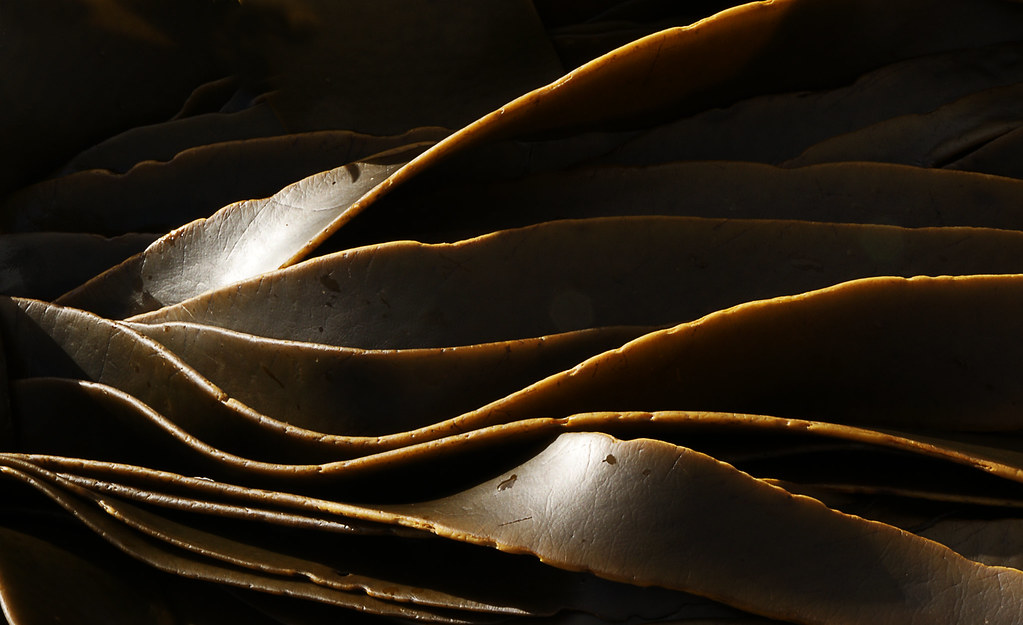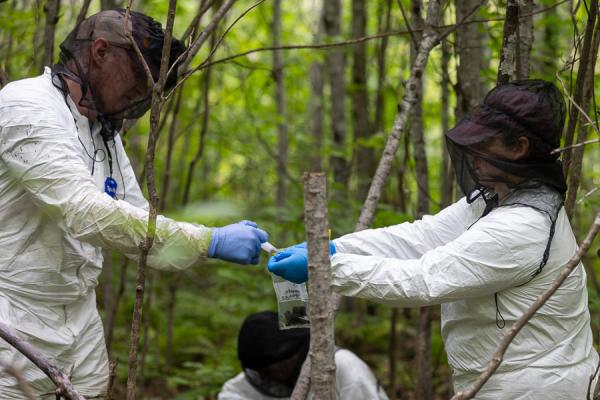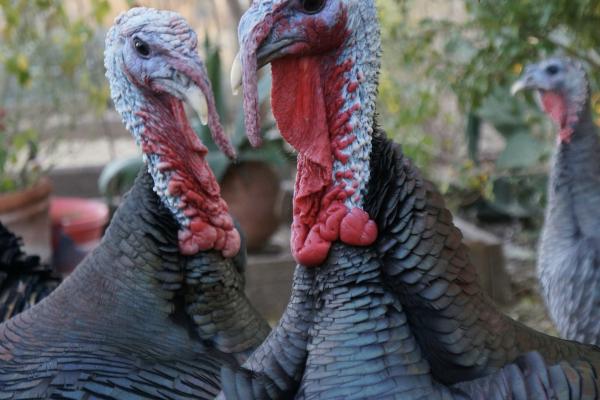Newly funded: Viral diversity and interactions with kelp in a changing environment
July 23, 2021

Kelp, a brown alga, plays an important commercial and ecological role in coastal environments. Helping to meet the world’s increasing human and animal food needs, kelp also has many potential non-food applications as a biofuel, fertilizer, pharmaceutical, and more.
However, a recent global analysis revealed 38 percent of the world’s kelp forests have been in decline over the past five decades. Scientists in Norway, a coastal country with a strong kelp industry, seek to find out whether and how kelp viruses affect the natural kelp forest and kelp aquaculture amid the effects of climate change.
An expert in the use of genomic tools to study biological processes, Declan Schroeder, PhD, in the Department of Veterinary Population Medicine at the University of Minnesota’s College of Veterinary Medicine, recently received about $110,000 from the Research Council of Norway to join the three-and-a-half-year project led by Western Norway University of Applied Sciences (WNUAS).
The first to identify a subgroup of viruses infecting kelp in the English Channel in 2017, Schroeder will build on previous discoveries to screen for the phaeovirus in kelp in Norway. Phaeoviruses insert their genomes into those of their brown algal hosts. Hijacking the hosts’ reproductive cells without killing it, phaeorviruses virtually use the host to thrive and spread. Schroeder will determine phaeovirus’ prevalence in natural and aquacultural Norwegian kelp species, and will enable the team to explore how the virus interacts with its host to impact ecosystem function.
Ultimately, the team hopes to expand their understanding of the diversity, biology, and ecology of brown algal viruses. A joint effort by WNUAS, the University of Minnesota, Norwegian Research Center AS, and Institutt for biovitenskap ved Universitetet i Bergen, the project received nearly $1 million (8.7 million Norwegian krone) to begin research in May of this year and to conclude in December 2024.


